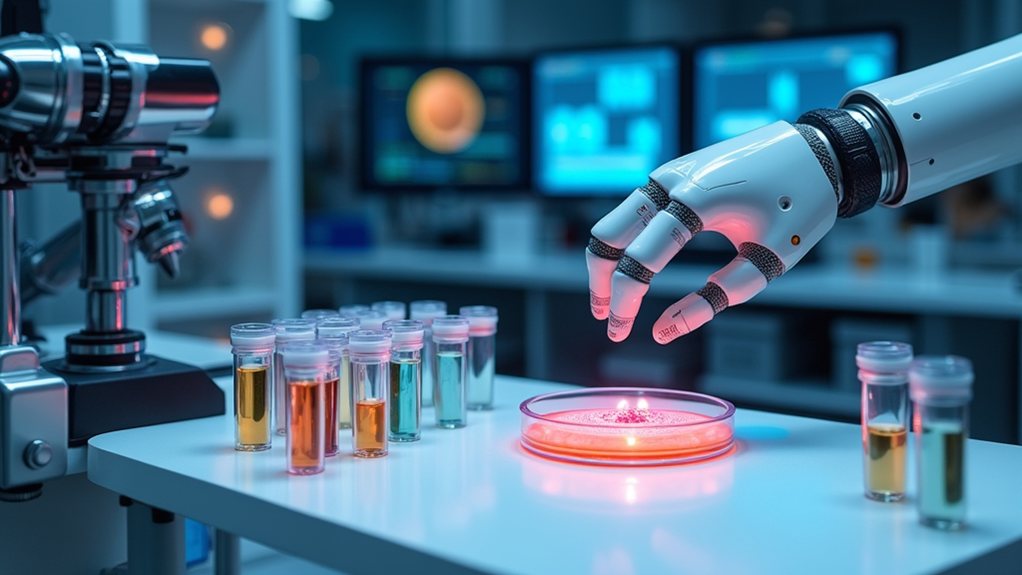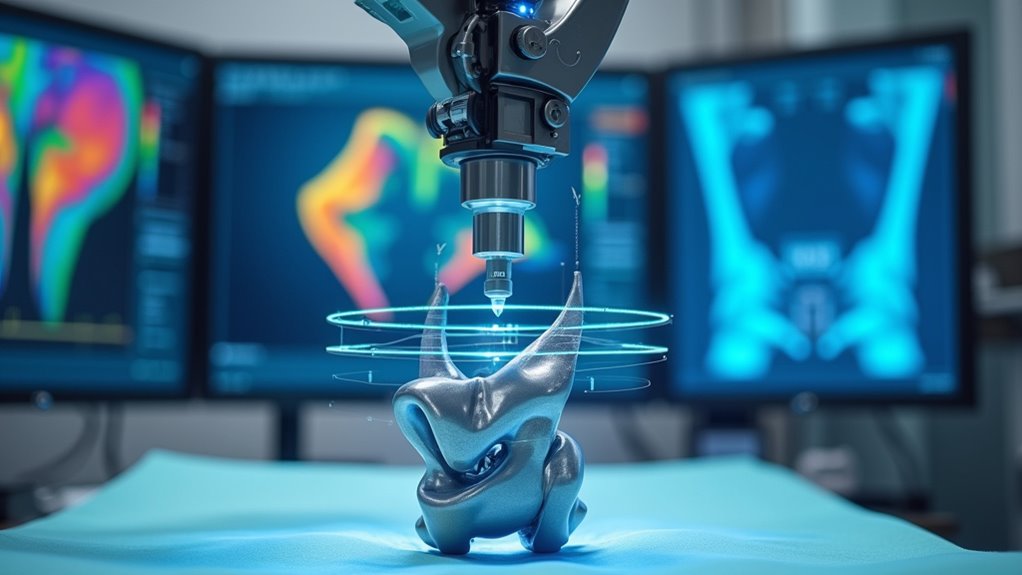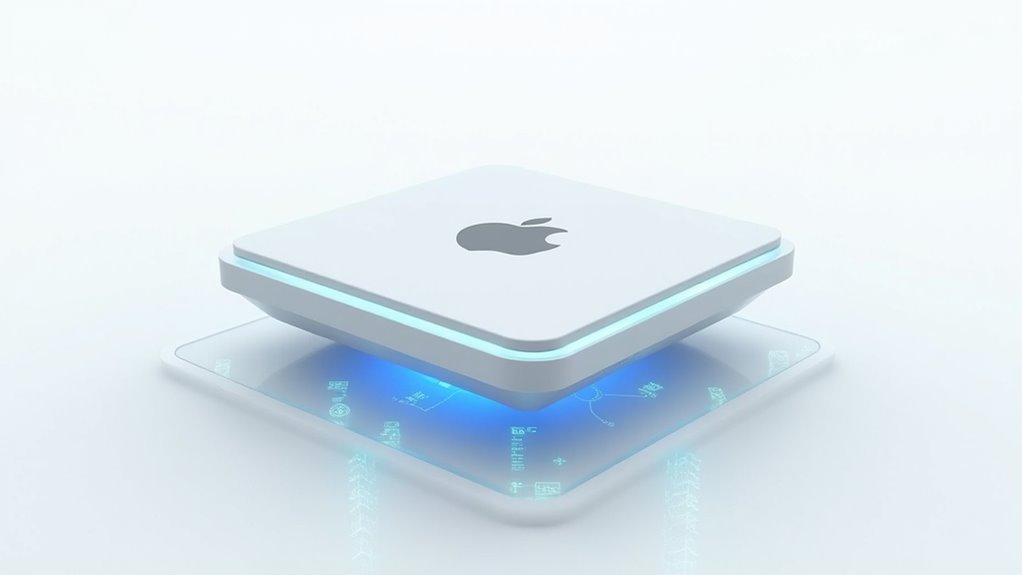AI doesn’t exactly hold a wand to say “zap, you’re pregnant,” but it’s a serious player in fertility treatments. Its tech smarts predict IVF success better than human attempts—yes, cue the eye roll at our inadequacies. Who knew robo-gynecologists could be less awkward about fertility outcomes? They’re solid Sherlock Holmes-types for spotting complications too, like preeclampsia. So, while it can’t choose moms-to-be, AI sure makes the whole journey smoother, promising smarter approaches if you explore further.
In the high-stakes world of IVF, AI, powered by muscle-flexing language models like GPT-4, smugly outperforms traditional models. With a remarkable high accuracy of 0.79 and AUROC of 0.89, it’s reshaping how clinics predict pregnancy success. Imagine discussing your chances with a robo-gynecologist, sparing some of that human awkwardness.
AI dominates IVF predictions with 0.79 accuracy, revolutionizing clinics as robo-gynecologists reduce human awkwardness.
Okay, hold your enthusiasm – there’s a hitch: AI still needs robust validation with larger, diverse datasets before it’s etched into the clinical routine. But as AI struts its predictive prowess, it bridges challenging gaps between medical personnel and data scientists, concocting smarter treatment plans and counseling sessions that feel almost like personal therapy sessions. Plus, AI doesn’t just stop there; it has shown significant potential in data processing for predicting pregnancy rates, indicating a broader capability to transform reproductive health practices.
Not just about pregnancies making it through the labyrinth, AI dives headfirst into spotting pregnancy complications too. It plays detective with medical images, health records, and biomarkers, sniffing out nasties like preeclampsia and gestational diabetes. Similar to how DeepMind’s analytics identify early signs of diabetic retinopathy, AI can detect subtle pregnancy-related conditions before they become serious. It’s akin to having Sherlock Holmes on your medical team, minus the Victorian flair.
Predictive accuracy that hits a stratospheric 95.7% for prematurity spells a new era for prenatal care. A scoping review, using the PRISMA extension for Scoping Reviews, underscores how AI enhances healthcare for pregnant women by improving outcomes and supporting timely detection and intervention for disorders.
Let’s not forget AI’s role in labor. It assists in deciding who avoids unnecessary cesarean sections – which, spoiler alert, nobody’s lining up for. With data-driven labor management, AI balances risks like a culinary artist measuring salt.
And because early detection is that essential, AI’s monitoring systems flags subtle changes in health quicker than your neighbor’s dog alerts you about the mailman. Genetic screenings, advanced diagnostics, personalized monitoring – all for enhancing mamma and baby’s safety.
Can AI truly decide who gets pregnant? Coupled with human expertise, it’s carving a predictive, personalized path. Though it’s not quite there yet, AI’s magic is changing the narrative one byte at a time.









